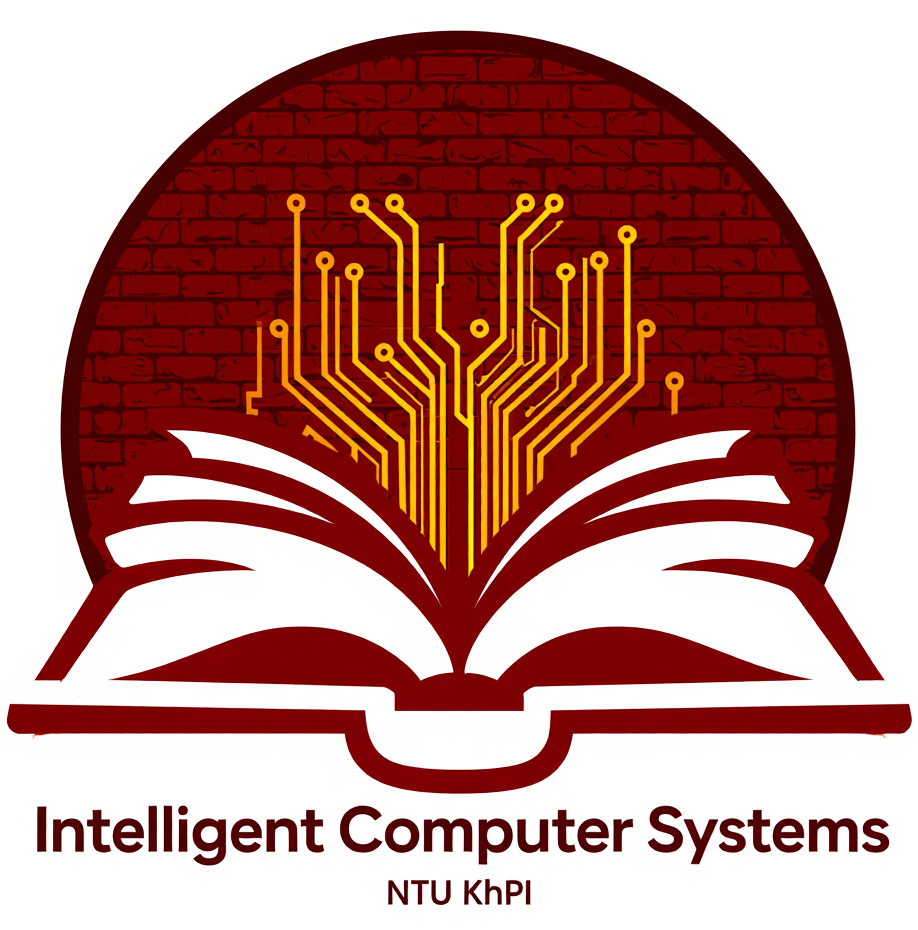The Department of Intelligent Computer Systems trains specialists in the speciality “Philology” (educational programme “Applied and Computer Linguistics”), relying on a unique Ukraine conceptual model of a specialist developed at the department.
The uniqueness of this model lies in the fact that along with the study of two foreign languages (English and German / French) and linguistic disciplines, students receive training in the field of new computer technologies, which significantly expands their employment opportunities compared to graduates of other specialities, both philological and technical.
To realise the developed model of training specialists in “Applied and Computer Linguistics”, a unique curriculum was developed in which classical linguistic disciplines are combined with special technical disciplines. Studying these disciplines in a complex environment allows students to gain practical skills in working with linguistic material and its analysis and using it for specific tasks in the automatic processing of natural language and computer linguistics.
-
- In May 2018, the first graduation of Master’s students took place.
- On 30 June 2015, the Department of ICS opened the Master’s programme in the specialty 8.02030303 “Applied Linguistics”. The first enrolment to the V course of the speciality 8.02030303 “Applied Linguistics” (Master’s degree) took place in 2016.
- The first graduation of specialists took place in May 2012.
- The first graduation of bachelors took place in June 2011.
- The first group of students began their studies in this speciality in September 2007.
Applied linguistics is a speciality aimed at solving practical problems in the field of linguistics, translation studies and information technologies. Applied and Computer Linguistics is aimed at applicants who aspire to become specialists in the field of foreign philology, to speak two foreign languages (English and German/French), to have profound knowledge in the field of translation studies and linguistics, as well as to be specialists in computer processing of texts in natural language, use of information retrieval and information and reference systems, to provide translation and effective communication with the public. The educational programme is aimed at developing the activity-based foreign language competence of future graduates, in which conditions the skills and abilities of critical and analytical thinking are formed; professional communicative competence in an intercultural environment is activated; interest in certain areas of philology, translation studies, linguistics and information technologies for further independent scientific research arises.
Available degrees and educational qualification levels: “Bachelor’s degree” and “Master’s degree”.

